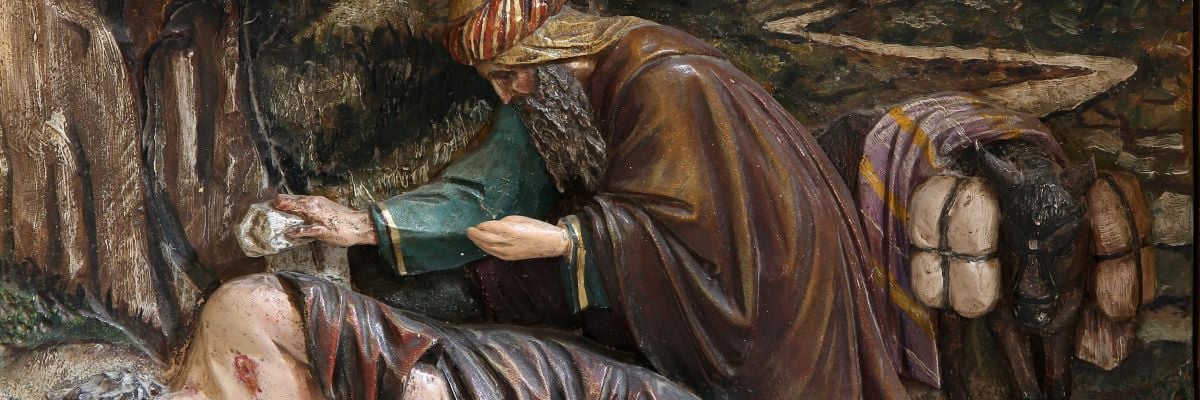
Question:
Answer:
The Samaritans were people who lived in what had been the Northern Kingdom of Israel. Samaria, the name of that kingdom’s capital, was located between Galilee in the north and Judea in the south. The Samaritans were a racially mixed society with Jewish and pagan ancestry. Although they worshiped Yahweh as did the Jews, their religion was not mainstream Judaism. They accepted only the first five books of the Bible as canonical, and their temple was on Mount Gerazim instead of on Mount Zion in Jerusalem (Jn 4:20).
The Samaritans of Jesus’ day were strict monotheists. In some respects they were more strict than Jews about the commands of the Mosaic law, especially the sabbath regulations, but they did not share the Jewish stricture against pronouncing the divine name Yahweh in their oaths.
Because of their imperfect adherence to Judaism and their partly pagan ancestry, the Samaritans were despised by ordinary Jews. Rather than contaminate themselves by passing through Samaritan territory, Jews who were traveling from Judea to Galilee or vice versa would cross over the river Jordan, bypass Samaria by going through Transjordan, and cross over the river again as they neared their destination. The Samaritans also harbored antipathy toward the Jews (Lk 9:52-53).
That the Samaritans were separated from and looked down upon by the Jews makes them important in the New Testament. Jesus indicated a new attitude must be taken toward the Samaritans when he passed through their towns instead of crossing the Jordan to avoid them (Jn 4:4-5), when he spoke with a Samaritan woman, contrary to Jewish custom (Jn 4:9), and when he said a time would come when worshiping in Jerusalem or on Mount Gerazim would not be important (Jn 4:21-24). When asked whom to regard as our neighbor, Jesus told the story of the Good Samaritan precisely because Samaritans were despised.
The apostles recognized that in the Church Samaritans must be accepted as equal to Jews. Peter and John conducted a special mission to Samaria to confirm Samaritans who had already been baptized by Philip (Acts 8:14-17). This initiation of the Samaritans was a middle stage between the preaching of the gospel to the Jews (Acts 2) and the preaching of the gospel to full-blooded Gentiles (Acts 10).
Today a few Samaritans survive, not having lost their identity through intermarriage. There are about 300 active practitioners of the Samaritan religion, most of whom live in the city of Nablus. Although their temple is long since destroyed, they still celebrate Passover every year in its ruins on Mount Gerazim.


